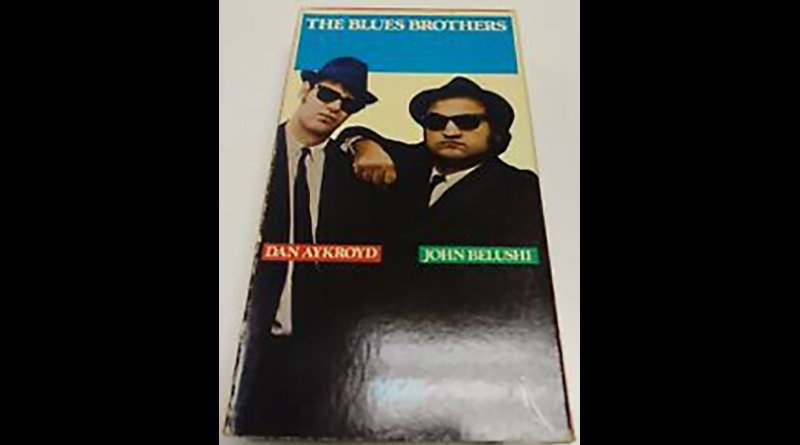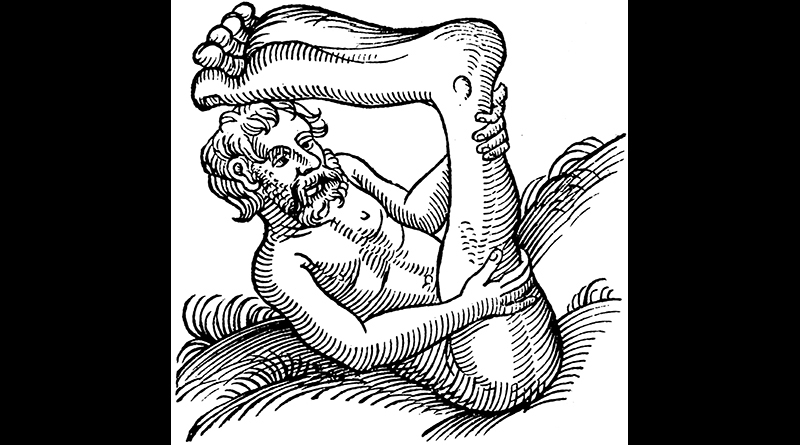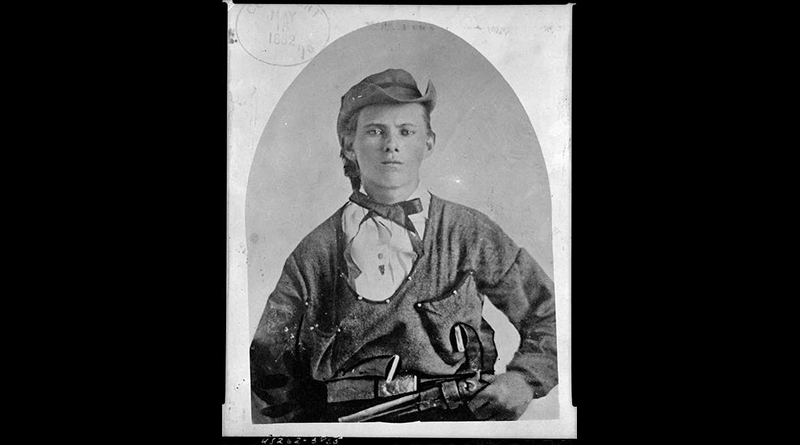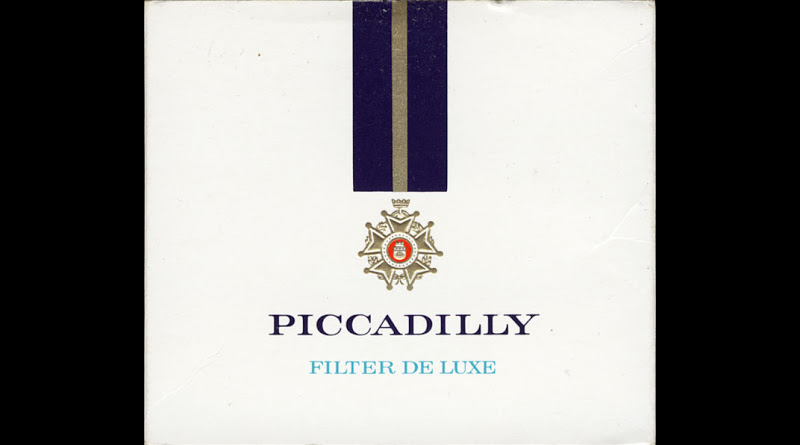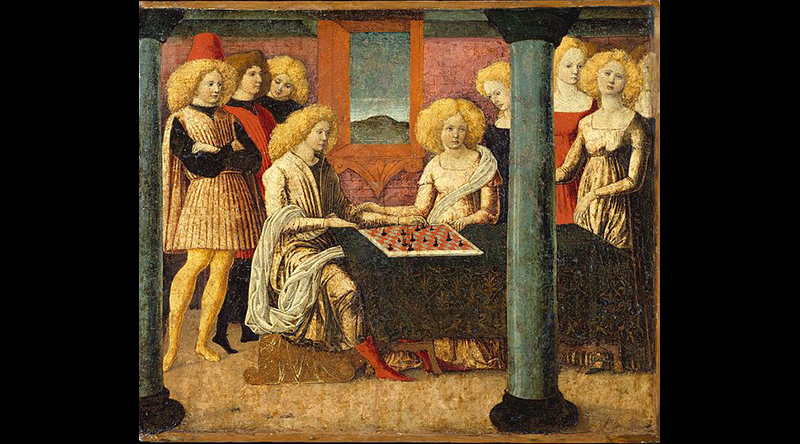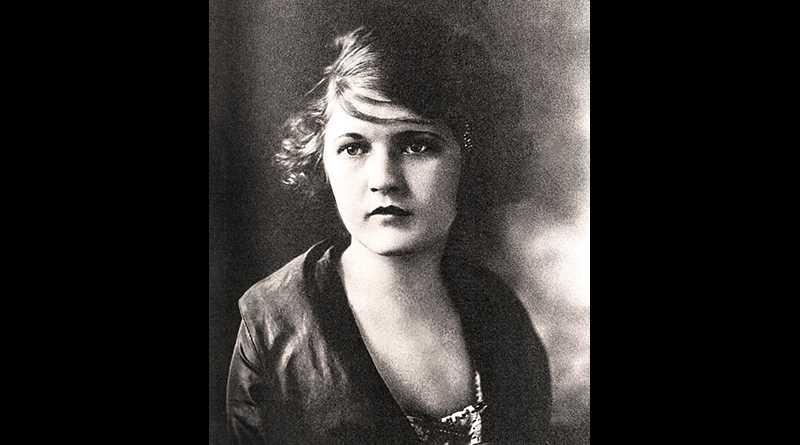Here is how my father died; one night, the police find him pulled over in his car on the side of the highway. He’s unconscious with a head injury, the apparent victim of an assault. They think it occurred in the parking lot at Rutgers University, where he is taking night classes to get his master’s degree. He is thirty-nine years old.
He is brought to the hospital, where doctors perform emergency brain surgery. My brother, Eric, and I aren’t told until the following day, after he is out of immediate danger. I don’t remember who took us to visit him a couple of days later: Mom or his second wife, Beth. My parents have been divorced for seven years, and their relationship is terrible. So it was probably Beth.
I do remember how frail Dad looks. His head is shaved and a long crescent-shape scar circumnavigates his skull. He seems distant and foggy, and we don’t stay long.
A few weeks later, he is out of the hospital and home for the holidays. Beth gives him teddy bears that Christmas. Lots of teddy bears, including a baseball cap with a teddy bear sewn onto the brim. The cap covers the scar, although I would have a hard time determining which looks worse, the scar or the hat.
Over the next few months, his recovery is slower than expected but he does not seem to be in any danger. Then one morning, we’re asleep in our bunk beds. It’s early, a school day. I hear Mom come into the room. “Boys, wake up,” she says. My eyes open. She’s standing beside our bunk bed where she can see us both. She is unhesitant: “Your father died last night.”
She says it quick, almost blowing the words out with her breath. He was readmitted to the hospital … an infection in his leg … they gave him a medicine he was allergic to … it said so on his chart… an accident…. “I’m so sorry,” she says, and I can see her struggling to retain her composure for us, but she can’t hold herself together. She begins weeping huge, convulsive sobs, then collapses onto the floor, falling to her knees so that her face is level with mine in the bottom bunk. She is crying so hard she is struggling to breathe. I have never seen her like this. “I’m so sorry,” she says again and again. She runs from the room, leaving Eric and me alone.
The news is so swift and shocking that I cannot process it at all. Above me, I hear Eric begin to cry, and after a moment, I start crying, too, because I don’t know what else to do. Crying seems like the appropriate response and I am still young enough, twelve, that I can summon tears without too much effort. As we lie in bed, I wonder if I will have to go to school today. No, no school today or for the rest of the week. When Mom calls to tell them I won’t be coming in for a while, I ask if she can tell them it’s because I’m sick, and not because my dad died. “Can you tell them I have tonsillitis?” I ask. Mom gives me a strange, perplexed look, like I just levitated. She doesn’t understand why I wouldn’t want to tell people the truth. She doesn’t understand that dead dads are embarrassing; they attract unwanted attention. When I return to school, I am afraid people will stare at me and point: “There goes the kid with the dead dad. Hey, Dead Dad Kid!”
People make fun of me enough already because I am younger than everybody else in my class, and because all my close friends are girls, and because I once gave a speech for sixth-grade class president wearing a rubber Alfred E. Neuman Halloween mask. (I did not win.) For years afterward, people mockingly called me “Alfred.”
So I don’t really need any additional attention.
“What about appendicitis?” I ask. “Can we tell them I have appendicitis?”
“We’ll tell them the truth,” she says.
I hate the truth.
She takes Eric and me to work with her that day because there is nowhere else for us to go. She and Elaine own a small stationery store in an indoor flea market, selling personalized stationery, greeting cards, and novelty items like giant plastic Budweiser bottles that people use as savings banks. I hate working there.
The day passes in a haze. We don’t talk about Dad. We don’t talk about anything. Instead we perform our normal store functions. For Eric, that means being helpful. For me, that means stealing money out of the cash register. I routinely steal quarters from my mother’s store to use at the arcade, which may at least partially explain why the store ultimately fails, and definitely explains why I ultimately become very good at the game Time Pilot.
On our way home from work, we stop at the video store. Mom tells us we can pick out whatever movie we want. We choose The Blues Brothers, which is rated R. Normally we are not allowed to rent R-rated movies, so I am a little nervous as we hand it to her. She glances at the box, but doesn’t say anything. Awesome. A small, shameful part of me begins to see an upside to Dad dying. For the foreseeable future, it seems like I will get away with whatever I want: skipping school.
R-rated movies, maybe even the Holy Grail of childhood contraband, sugar cereals. Our cereal cupboard is normally filled with high-fiber, lesbian-friendly cereals like Product 19 and Special K. (Yes, there are lesbian-friendly breakfast cereals.) Surely a boy who has just lost his father is not to be denied a box or two of Frosted Flakes in his grief. Surely not.
Even as I am having these thoughts I am aware what a horrible person I must be. Who thinks like this? Who thinks about using the death of a parent as a means to get sugar? As it turns out, me. I do that. Why do I not feel tormented with grief? Isn’t that what you’re supposed to feel when a parent dies? Am I defective? That first day, I honestly feel like getting to miss school and watch The Blues Brothers is a pretty fair trade for losing my dad. — Michael Ian Black, in his book You’re Not Doing It Right: (Tales of Marriage, Sex, Death, and Other Humiliations) (read for free)

